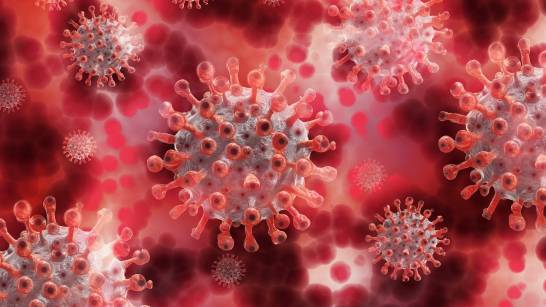both the infection such as vaccination against SARS-CoV-2 contribute to building the immunity of a population against the virus, important information to decide when and to whom to apply reinforcement shots. The easiest strategy to assess such immunity is to perform seroepidemiological studies, that is, to quantify virus-specific antibodies in a given population group; although immunity against a pathogen goes beyond antibodies.
Now one studying seroprevalence study in the population of Catalonia highlights the needs to be vaccinated despite being infected and confirms that the hybrid immunity −vaccination plus infection− is greater and longer lasting. The work, co-led by the Barcelona Institute for Global Health (ISGlobal) and the German Institute Trias i Pujol (IGTP), was published in the journal BMC Medicine.
“Most serological studies performed after vaccination against covid-19 focused on specific groups, such as health professionals, did not distinguish between people with or without previous infectionor did not have clinical and immunological data on the aforementioned infection”, explains Manolis Kogevinasresearcher at ISGlobal and co-senior author of the study.
The researchers performed a first measurement in a population cohort from Catalonia shortly after the first confinement. Six months after the start of vaccination, the team performed a second measurement to go with level and type of antibodies against five viral antigens: the protein spike (S), the entire RBD receptor binding domain, the S2 fragment, the entire Nucleocapsid (N) protein or the N-terminal fragment.
The study included 1,076 people between the ages of 43 and 72. Information obtained from a questionnaire and health records was also used to identify factors that potentially determine the magnitude and duration of response in unvaccinated, vaccinated or vaccinated and infected persons.
Hybrid immunity is superior and longer lasting
The researchers found that in 36% of infected people but unvaccinated Antibodies were no longer detectable one year after infection, particularly in people over 60 and smokers.
On the other hand, in those who were infected, vaccination induced considerably higher levels of antibodies than in people without previous infection. Furthermore, these were strongly associated with the magnitude of the response during infection.
Our data underscore the importance of vaccinating people, even if they have been infected previously, and confirm that hybrid immunity is superior and longer lasting.
“Our data reinforce the importance of vaccination people, even if they have been previously infected, and confirm that hybrid immunity is superior and longer lasting. This means that people who were vaccinated but did not pass the infection would need a reinforcement before those who passed it”, he points out. Marianna Karachalouco-author of the study.
Among vaccinated people, only 2.1% had no antibodies at the time of testing and about 1% post-vaccination infection. “However, it should be noted that this study was carried out before the omicron variant became dominant,” says Kogevinas.
Finally, the authors observed that the factor most strongly associated with the level of antibodies is the type of vaccine; Moderna’s Spikevax generated the most antibodies. However, other factors also seem to play a role; people over 60 or with mental illness, for example, had lower levels of antibodies after vaccination.
“The association between mental health s antibody response requires more research, but people with disorders such as depression, chronic stress or schizophrenia are known to have a lower response to vaccination in general,” he says. Charlotte Dobanoresearcher at ISGlobal and co-senior author of the study.
Reference:
Karachaliou M, Moncunill G, Espinosa A et al. Trajectories of SARS-CoV-2 infection, vaccination and antibody response in adults: a cohort study in Catalonia. BMC Med. 2022. Two: 10.1186/s12916-022-02547-2
